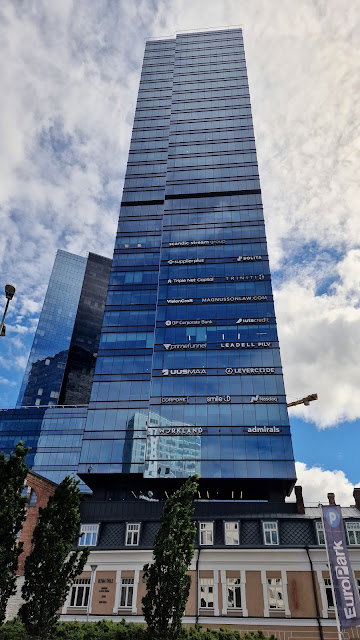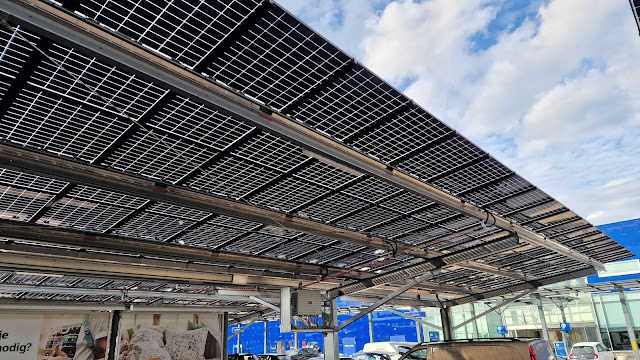How AI could change team leading - bright future or dystopia?
Let me start with a few arguments: Team leaders and team leading is a big expense for any organization Minimizing the cost of team leading can be done by: Maximising team sizes Adding ordinary work to team leaders Team leading is very valuable work, but it is usually not directly useful for the customers of the organization Therefore looking at it purely financially the most efficient organisations are e.g. Bolt, Uber, Wolt and the likes where the people delivering the value to the customers don't have team leaders. A little bit less efficient are teams of (fast food) restaurants where the team-lead takes care of leading the team, but also cleans the tables or grills a hamburger if needed. Now, with the emergence of AI we should think what are the tasks that team leaders are doing that could be perhaps given to AI and thus maximise team sizes and add "ordinary work" to team leaders. Here are some thoughts: - Recruiting: AI is already involved in various phases, but recru...




